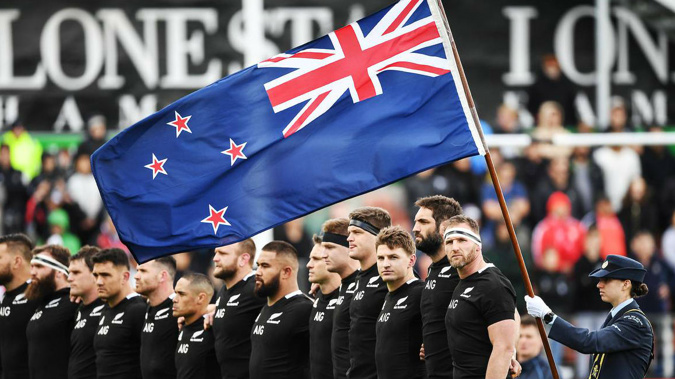
The process of radically changing the set-up of rugby in New Zealand will begin tomorrow when provincial unions are presented with a new blueprint for how the game should be organised, managed and structured.
Having seen the game evolve rapidly in the last decade, New Zealand Rugby (NZR) believes the time is right to make sweeping changes to give it a better chance of dealing with prevailing issues such as stagnant participation rates, increasing drop-out rates among teens and plunging spectator interest in Mitre 10 Cup and Super Rugby.
The Herald understands that NZR is going to post a multi-million dollar loss for 2019 and is forecasting another for next year, hence its decision to engage consultancy group McKinsey earlier this year to investigate ways in which the sport can be restructured.
The preliminary recommendations of that review will be revealed to provincial unions tomorrow and those familiar with the report believe it could deliver the most significant change in New Zealand rugby since the game went professional in 1996.
It is believed that NZR's broader vision sees provincial unions in a new role where they will mostly drive participation and administer the club game at a local level, leaving Super Rugby sides with greater responsibility to manage talent identification and development of elite players.
There is some suggestion that one of the recommendations will be that provinces change their priorities and see growing participation as their primary goal and more important than producing a successful Mitre 10 Cup team.
A raft of concepts and new ideas will be proposed that will impact across areas such as talent identification and development, competition structures and administrative function at provincial and national level.
Effectively New Zealand is poised for a system re-set where the respective roles of schools, clubs, unions, Super Rugby teams and the national body will be redefined to better achieve the common purpose of growing the sport and delivering success at the professional level.
While driving down costs is part of the goal, NZR is aware that the current landscape creates conflict in areas of player development which can also act as barriers to player retention.
They are also aware that an overhaul of development pathways may be required to help attract new players, with participation rates having stagnated for the last decade amid changing social patterns.
What the unions are likely to hear, then, is that NZR believes there is a need for elite player development to be streamlined.
That may lead to provincial unions having to abolish their own academy programmes in favour of regional centres of excellence.
Currently unions and Super Rugby sides tend to compete for the same players, which drives up costs and has also led to teams targeting athletes at a younger age – often when they are in Year 12 of school – to secure their services.
The report will also ask questions about duplication of back office function at provincial unions and whether some of this could be centralised to create both efficiencies of service and a reduction of costs.
NZR is wary that unions could feel they are being asked to give up their identity, but the national body is understood to be conscious that the historic tribalism of the provincial game needs to be restored not destroyed.
To that end, it is understood that the review will recommend that the Mitre 10 Cup continue with 14 teams, although it wouldn't be a surprise if there is subsequent discussion about whether the major unions in particular should be continuing to use major venues to host games given the vastly reduced crowds and interest in that level of rugby.
Unions will be given time to consider the recommendations and give their feedback ahead of NZR's March board meeting.
The Herald has approached NZR for comment.
Take your Radio, Podcasts and Music with you









